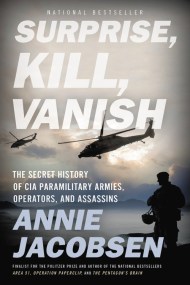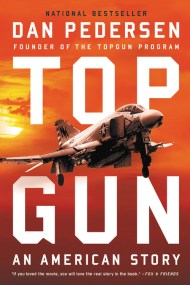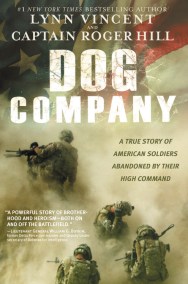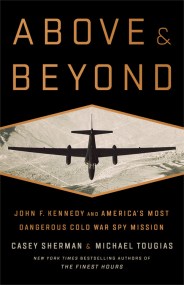By clicking “Accept,” you agree to the use of cookies and similar technologies on your device as set forth in our Cookie Policy and our Privacy Policy. Please note that certain cookies are essential for this website to function properly and do not require user consent to be deployed.
How We Fight
Crusades, Quagmires, and the American Way of War
Contributors
Formats and Prices
Price
$39.00Price
$49.00 CADFormat
Format:
- Hardcover $39.00 $49.00 CAD
- ebook $12.99 $16.99 CAD
Also available from:
Americans hate war. Our leaders rush us into conflicts without knowing the facts or understanding the consequences. Korea, Vietnam, and now Iraq and Afghanistan define who we are as a nation and a people.
How We Fight explores the extraordinary doublemindedness with which Americans approach war, and reveals the opposing mindsets that have governed our responses throughout history: the “crusade” tradition-our grand quests to defend democratic values and overthrow tyrants; and the “quagmire” tradition-our resistance to the work of nation-building and its inevitable cost in dollars and American lives.
How can one nation be so split? Studying conflicts from the Civil War to the present, Dominic Tierney has created a secret history of American foreign policy and a frank and insightful look at how Americans respond to the ultimate challenge. And he shows how success is possible. His innovative model for tackling the challenges of modern war can mean longstanding victory in Iraq and Afghanistan, by rediscovering a lost American warrior tradition.
Genre:
-
Praise for HOW WE FIGHT:Kirkus Reviews
"Lucid and entertaining...A provocative analysis of why Americans love some wars and hate others." -
"A great theme, beautifully written and compellingly organized, it's a fitting update to Russell Weigley's classic [The American Way of War] and an important contribution to a national debate over the war in Afghanistan which is only gathering steam."Ambassador James Dobbins, former Assistant Secretary of State for Europe, and currently Director of the International Security and Defense Policy Center at RAND
-
"Writing in colloquial style, this college professor accessibly frames questions arising from Iraq and Afghanistan about why victories have often been followed by occupations."Gilbert Taylor , Booklist
-
"Dominic Tierney's How We Fight: Crusades, Quagmires, and the American Way of War is an unusual achievement. It is a provocative scholarly book about the U.S. approach to war that was written for a broad non-academic audience...no one can dispute that his ambitious undertaking generates much-needed debate on a timely topic. That his writing is fluid and accessible makes it more likely that he will reach both scholarly and policy audiences."James H. Lebovic, George Washington University
-
"Tierney's is a welcome voice in the trade press literature on American wars. He captures the essence of America's history of warfare and presents it in a digestible, yet sophisticated and historically rich way...interesting, engaging, compelling, and even entertaining to a broader audience."Jon Western, Mt. Holyoke College
-
"How We Fight is an important contribution in itself and for the thinking it prompts in others."Bruce W. Jentleson, Duke University
-
"[Tierney's] work here will be a useful addition to the literature of culture and war..."Library Journal
- On Sale
- Nov 4, 2010
- Page Count
- 352 pages
- Publisher
- Little, Brown and Company
- ISBN-13
- 9780316045155
Newsletter Signup
By clicking ‘Sign Up,’ I acknowledge that I have read and agree to Hachette Book Group’s Privacy Policy and Terms of Use







